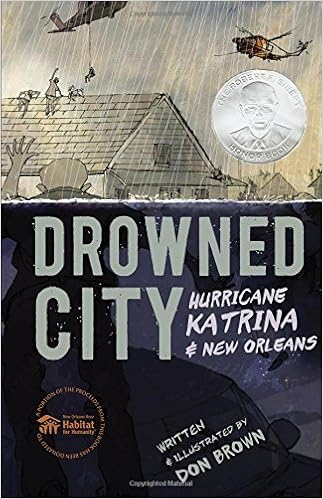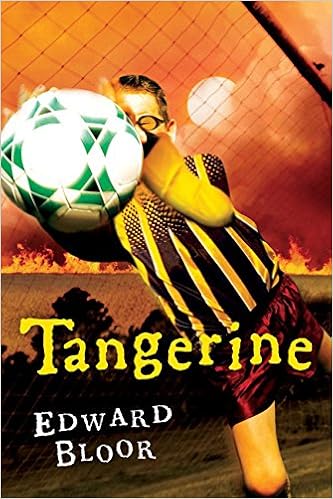Teaching is hard work. Sometimes, it's a slog. The only people out there that know better than the students exactly when school ends (by number of days, hours, and even number of minutes) are teachers. No matter how much you love your job, hard work is hard work.
However, every once in a while there's a day that reminds me why I teach. Today was such a day.
I'm currently juggling three Shakespeare plays. My freshmen are working on "Romeo and Juliet," my seniors are tackling "Macbeth," and the drama group took on "Midsummer Night's Dream." I'm actually a weird lit teacher in that I am not over-awed by Shakespeare. Don't get me wrong, I love his plays. I'm just not sure why we make kids slog through one of his plays every year except whenever they have American Lit. I think it's disproportionate and that there are better things we could be doing...but hey it's no real hardship to do them. So, I teach Shakespeare.
The problem with teaching Shakespeare in general, and to LD kids specifically, is that its a struggle for a solid four weeks minimum. While I find Shakespeare very readable, I have to admit that I have an intimidatingly voluminous vocabulary. It's hard when you have to look up every third word.
Ok, so how do we make it fun.
At the NTCE conference this year, I went to one of the Folger Shakespeare Library sessions and picked up the idea of "Shakespeare Tag." It's a brilliant idea. The idea is to get kids up acting and interacting with the text.
So, pick a monologue, one that we've already covered in general reading. Get a brave student to be the actor. The actor reads the monologue to the class. Most kids naturally read pretty flat. The rest of students are directors. So, when they spot a point in the text where the actor should change his or her delivery, they tag the actor and explain what they want them to do and why. The actor then starts over from the top incorporating the suggestions.
This achieves several goals.
- First of all, it's a lot of fun and the kids get into it.
- Second, they read, reread, and really get the big monologues without really noticing how many times they just read it.
- Third, they start to really scour the text for clues on how the actors should perform.
I ran it in all four of my classes today. It was amazing. I had kids commenting as they walked out the door, how much fun it was.
It's a great feeling as a teacher when kids say they enjoy your class. Especially when they don't know I can hear them.










